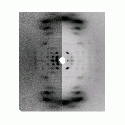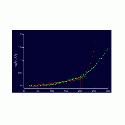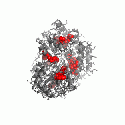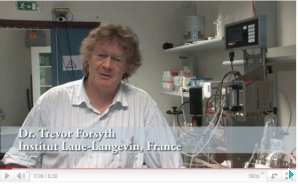Deuteration (WP18)
Coordinator: Trevor Forsyth, ILL
Overview
This JRA will provide the next methodological quantum leap for the scope and quality of biological neutron scattering experiments carried out at central facilities throughout Europe. The need for this is very clear given the increasing trend towards interdisciplinary and integrated approaches for the study of biological systems. Neutron scattering has a unique and important role to play if the right types of sample can be made available. Deuteration is essential to this: the ability to label complex/interacting systems offers approaches that are simply not possible using other methods.
This project will widen the access of neutron scattering methods to biologists throughout the EU, both by extending the range of problems that can be tackled, and by reducing the cost impact of sample preparation. It will exploit an obvious synergy with the NMR community, which also has important needs for isotope labelling and within which there is increasing use of neutron scattering. Hence the involvement of NMR scientists at the partner institutes (eg Watts at Oxford/ISIS, Sattler at TUM/FRM-II, Blackledge at IBS/PSB) in this JRA is highly significant.
In summary:
This Joint Research Activity is concerned with method development for biological neutron scattering.
- Methods developed are freely available either on the internet or as public domain peer review publications. Deliverables are reports and protocols for labelling biological molecules.
- Methods are developed that allow new types of deuteration strategies that ultimately feed into the user programmes of biological neutron science
- Many of the approaches that are now used routinely for deuteration (eg perdeuteration, specific labelling, reverse labelling) were developed as part of NMI3/FP6.
- New approaches for method development are now being developed in FP7
To learn about the last developments of this JRA read the Deuteration JRA last update here.
Deuteration JRA picture gallery



